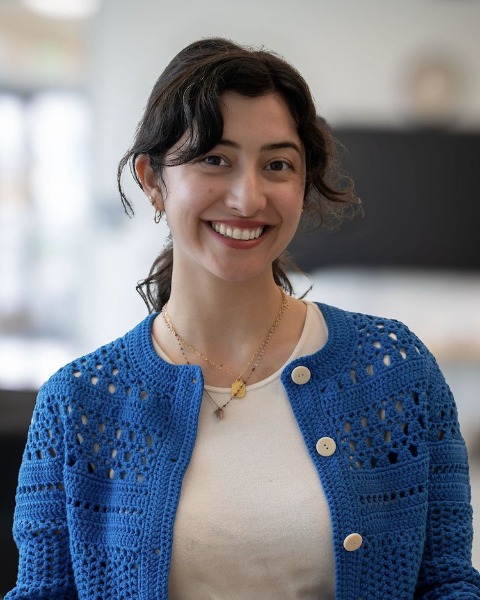
Zoë Womack
Food Pharmacy Program Manager, Food as Medicine Collaborative

Monday, October 13, 2025
-
Music City Center, Room 202
Proficiency: Intermediate knowledge/experience
Track: Policy & Advocacy
CPE: 1.5

Food Pharmacy Program Manager, Food as Medicine Collaborative

Clinical Instructor, Center for Health Law and Policy Innovation, Harvard Law School

Nutritionist, San Francisco Department of Public Health

Primary Care Director of Nutrition, San Francisco Department of Public Health
Members of the Academy of Nutrition and Dietetics receive exciting benefits including complimentary continuing professional education opportunities, discounts on events and products in eatrightSTORE.org, invitations to exclusive members-only events and more!